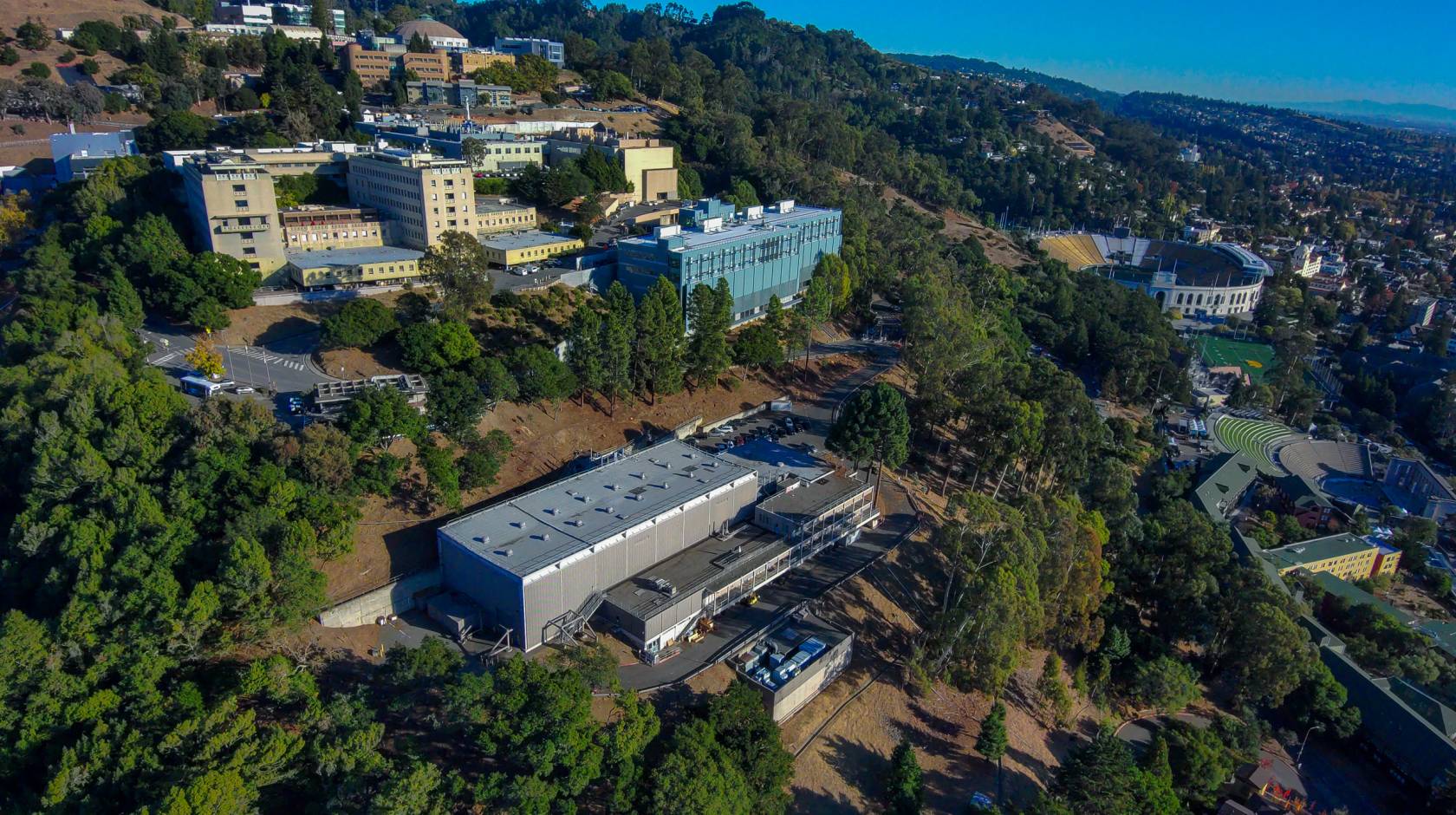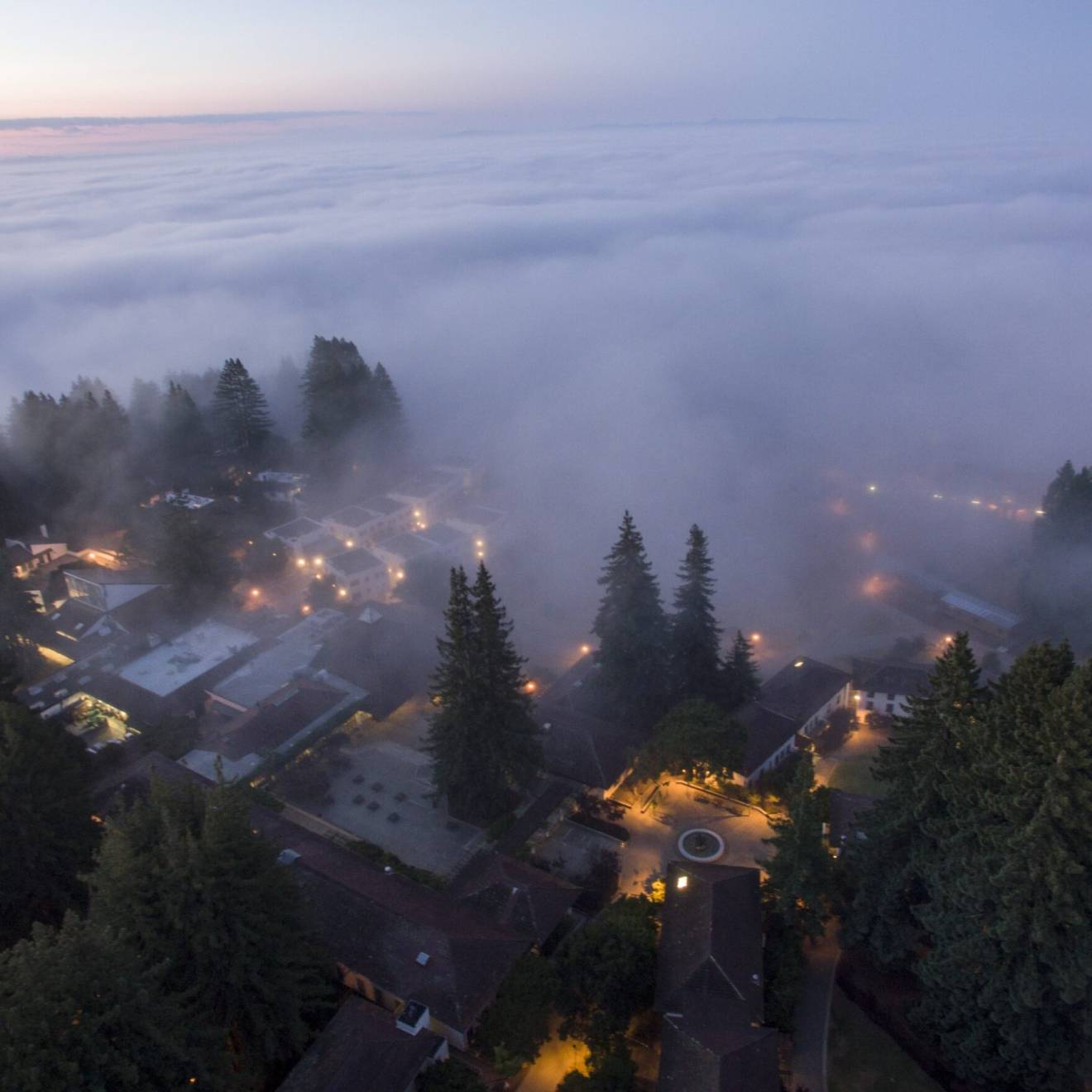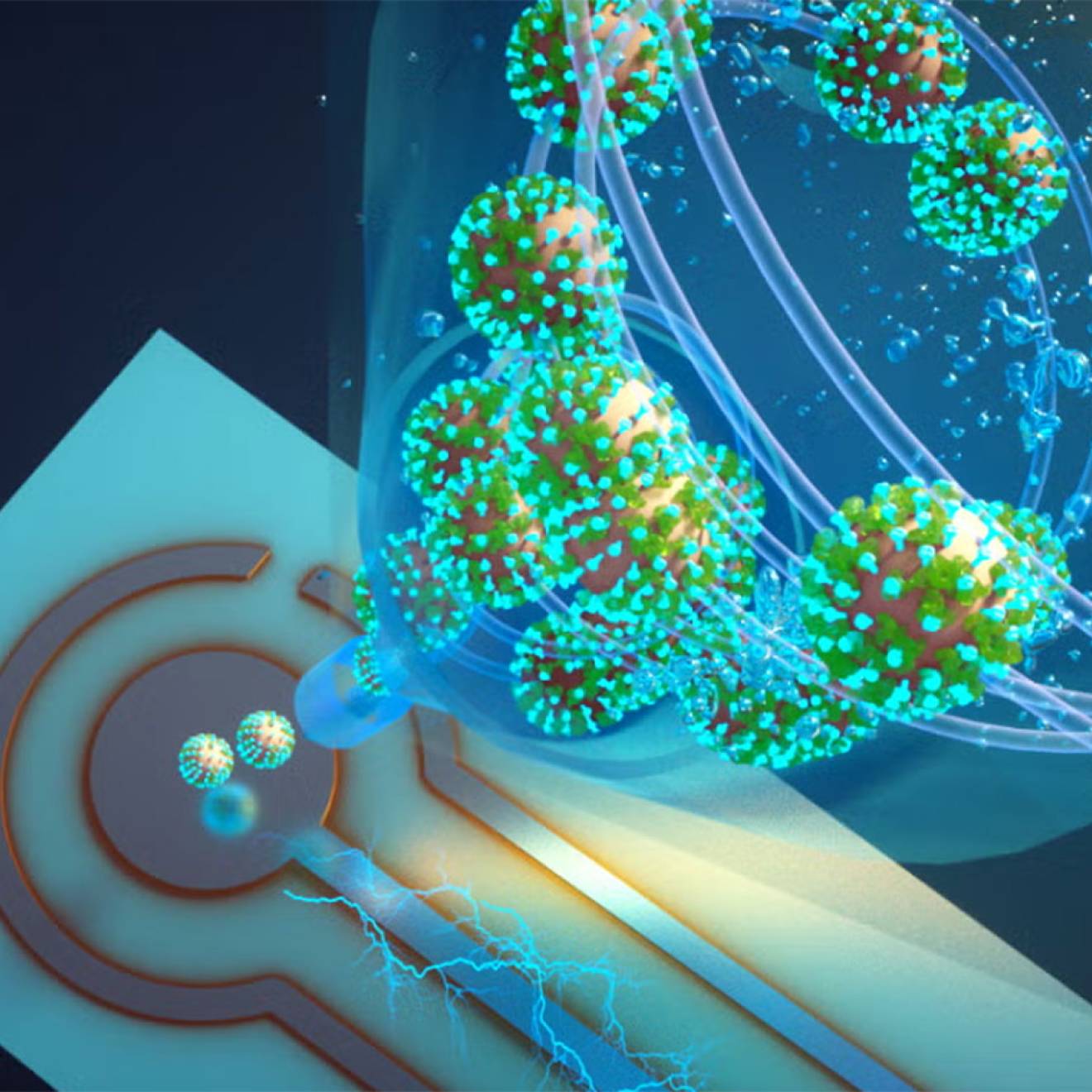UC Newsroom

The U.S. Department of Energy has extended the University of California’s contract to manage and operate Lawrence Berkeley National Laboratory (Berkeley Lab) for another five years, effective June 1, 2025.
The news of UC’s contract extension for Berkeley Lab comes shortly after the National Nuclear Security Administration on Nov. 21 executed a noncompetitive extension of Lawrence Livermore National Security, LLC’s Management and Operation contract for Lawrence Livermore National Laboratory (LLNL), of which UC is a key partner.
The current LLNL contract expires on Sept. 30, 2026, with the extension lasting for five years through Sept. 30, 2031. There is also a one-year option period to extend performance through Sept. 30, 2032.
The two contract extensions further the University of California’s long and storied history of service to the nation through the management and operation of U.S. Department of Energy (DOE) national laboratories.
The Berkeley Lab-UC partnership has been incredibly productive, leading to 16 Nobel Prizes, 17 National Medals, and hundreds of scientific breakthroughs over the years. The University of California has managed Berkeley Lab on behalf of the federal government since 1943. Berkeley Lab’s relationship with UC Berkeley extends in an unbroken line to 1931, when Ernest Lawrence founded the Rad Lab on the Cal campus. Today, Berkeley Lab is managed by the University of California for the Department of Energy’s Office of Science.
“The University of California has a long history of advancing national security through cutting-edge science and technology undertaken in partnership with our affiliated National Labs,” said UC President Michael V. Drake, M.D. “As we work to address the challenges of the 21st century, it’s more important than ever to develop solutions rooted in research and data. I’m proud of the University’s legacy of innovation and excellence, and I’m confident that our work with the National Labs will continue to greatly benefit the nation well into the future.”
“The University of California is grateful that the Department of Energy has extended the prime contract and is honored to continue operating Berkeley Lab as a public service to the nation. Berkeley Lab offers UC faculty, postdocs, and students access to world-class experimental facilities and opportunities to collaborate with leading researchers on large, complex, multidisciplinary problems,” said June Yu, vice president of the UC Office of National Laboratories.
Livermore Lab plays an equally vital role on the frontiers of national security, global stability and resilience through multidisciplinary teams that pursue bold and innovative science and technology — and since the Lab’s creation in 1952, the University has played a role in its management.
In recent weeks, LLNL unveiled its El Capitan supercomputer, announcing that it had been recently verified as the fastest and most powerful supercomputer in the world, and the first exascale system dedicated to national security.
And in late 2022, LLNL made history — and global headlines — with its announcement that it had achieved fusion ignition with an experiment at the National Ignition Facility (NIF), a scientific breakthrough decades in the making that opens new avenues for enhancing national security and developing sustainable energy solutions.
“Lawrence Livermore National Laboratory has long been a cornerstone of national security and scientific discovery,” said Yu. “The University of California is honored to continue supporting the outstanding talent, groundbreaking research, and cutting-edge facilities at LLNL that drive progress for the nation.”
About UC-affiliated National Laboratories
Lawrence Berkeley National Laboratory
Berkeley Lab is committed to groundbreaking research focused on discovery science and solutions for abundant and reliable energy supplies. The lab’s expertise spans materials, chemistry, physics, biology, earth and environmental science, mathematics, and computing. Researchers from around the world rely on the lab’s world-class scientific facilities for their own pioneering research. Founded in 1931 on the belief that the biggest problems are best addressed by teams, Berkeley Lab and its scientists have been recognized with 16 Nobel Prizes. Berkeley Lab is a multiprogram national laboratory managed by the University of California for the U.S. Department of Energy’s Office of Science.
Lawrence Livermore National Laboratory
For more than 70 years, Lawrence Livermore National Laboratory (LLNL) has applied science and technology to make the world a safer place. While keeping its crucial mission-driven commitments in mind, LLNL applies cutting-edge science and technology to achieve breakthroughs in nuclear deterrence, counterterrorism and nonproliferation, defense and intelligence and energy and environmental security.
Los Alamos National Laboratory
As a federally funded research and development center, Los Alamos National Laboratory aligns its strategic plan with priorities set by the Department of Energy's National Nuclear Security Administration (DOE NNSA) and key national strategy guidance documents. It executes work across all of DOE’s missions: national security, science, energy, and environmental management. Scientific and engineering capabilities developed through LANL’s stockpile research are part of what makes DOE and NNSA a science, technology, and engineering powerhouse for the nation.
Learn more about UC National Laboratories

